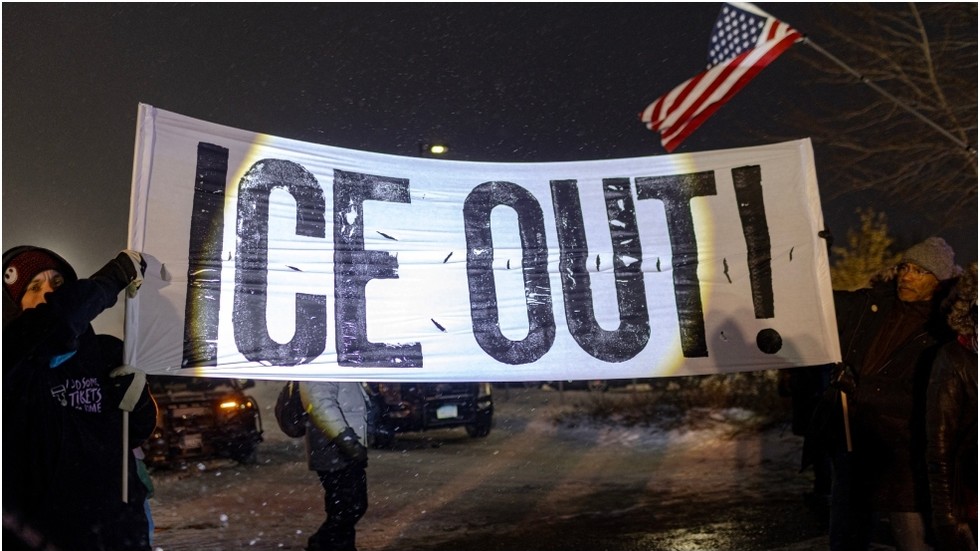In a recent development, the Tinubu Media Support Group has leveled serious accusations against governors aligned with the Peoples Democratic Party (PDP), claiming that they are behaving irresponsibly.
The group, represented by its Chairman, Jesutega Onokpasa, issued a statement on Thursday, alleging that these governors, despite receiving increased allocations, are failing to take decisive action to alleviate the economic hardships faced by the people in their respective regions.
According to the group, the opposition governors’ behavior is deemed dishonorable and irresponsible as they attempt to evade responsibility for mitigating the hardships arising from the removal of the fuel subsidy.
“It is disconcerting that the very individuals entrusted with the constitutional duty of ensuring the welfare of the citizens are attempting to shift the burden entirely onto the federal government,” the statement read.
The group further criticized the governors for comparing Nigeria’s economic situation to that of Venezuela, highlighting disparities in inflation rates and overall economic conditions. They accused the governors of playing the role of an ostrich and neglecting their responsibilities despite receiving increased allocations from the federation account over the past eight months.
The statement continued, “It is outrageous that governors, who are active members of the National Economic Council, are attempting to downplay the severity of the situation when Nigeria’s current inflation rate stands at 28.94%, similar to the rate recorded in August 2005 at 28.2%.”
The group also highlighted the perceived lack of proactive measures from the PDP governors, especially in comparison to the efforts made by the President Bola Tinubu administration in addressing both immediate and long-term challenges, particularly in the realm of food security.
This development underscores the growing tension and scrutiny within Nigeria’s political landscape and raises questions about the role and responsibilities of state governors in addressing prevailing economic hardships.



